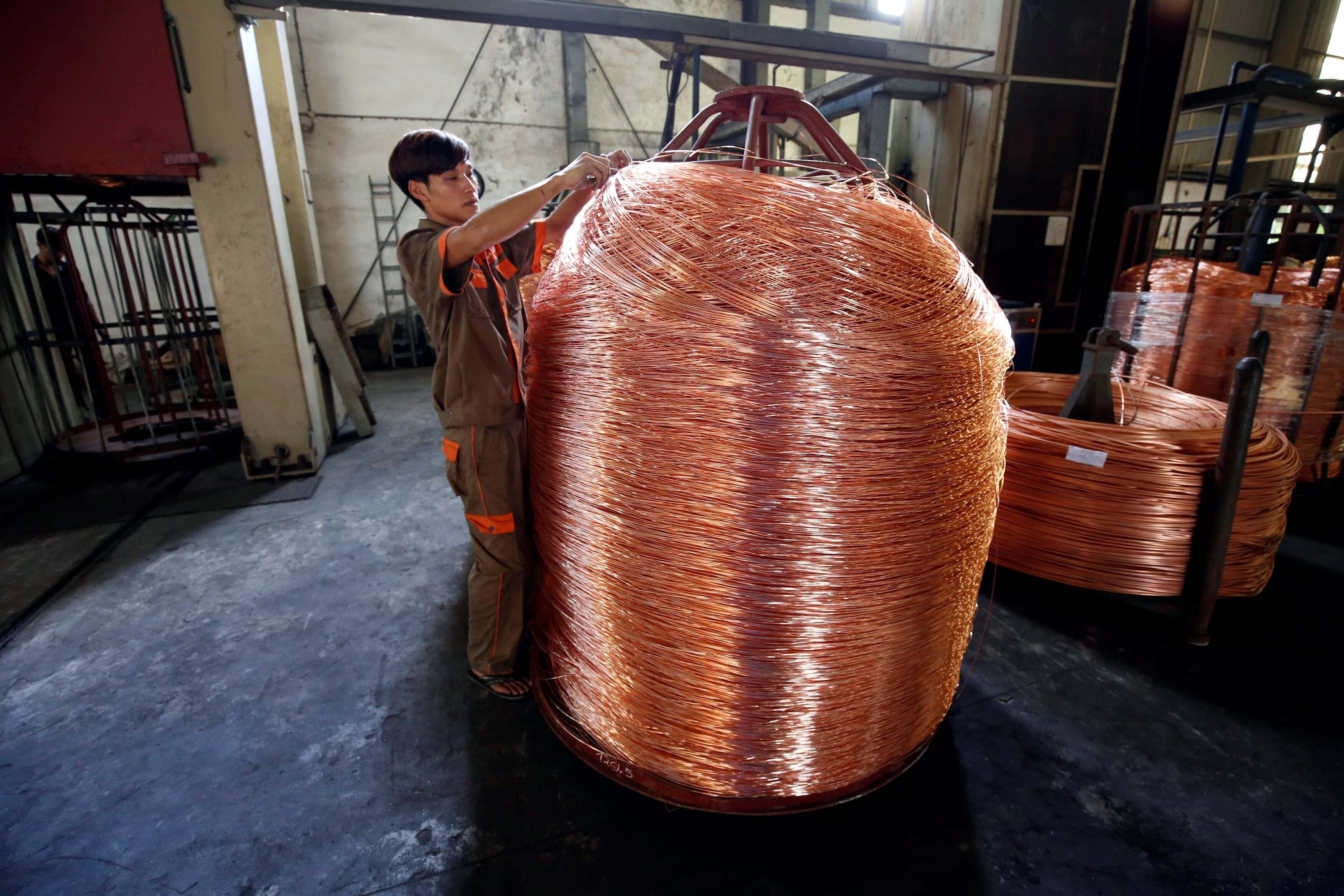A basic income could boost the US economy by $2.5 trillion

Giving money to American adults would grow the economy by 12.6% to 13.1%, a study has found.
Image: REUTERS/Bernadett Szabo
Stay up to date:
United States
A monthly check of $1,000 delivered to every American adult would grow the US economy by roughly $2.5 trillion over eight years, a new study found.
Conducted by the left-leaning Roosevelt Institute, the study investigated three strategies for implementing basic income, a form of wealth distribution that involves giving everyone a standard salary just for being alive.
Proponents of basic income say it would reduce or even eliminate poverty, while skeptics say it could erase people's motivations to keep working, possibly ruining the economy instead of improving it.
The three basic incomes proposed by the study were $1,000 paid monthly to every US adult; $500 paid monthly to every US adult; and $250 paid monthly to every US child. "For all three designs," a summary of the report said, "enacting a UBI and paying for it by increasing the federal debt would grow the economy."
Specifically, the study found that the largest of the three — $12,000 a year doled out to every American adult — would grow the economy by 12.6% to 13.1% over eight years, by which time the policy's effects would start to wane. That would translate to an increase in gross domestic product of $2.5 trillion, according to data from the Congressional Budget Office.
The researchers made some assumptions in the study that could lead to such an optimistic conclusion.
The team's analysis was based on people continuing to work as if they weren't receiving a basic income, something skeptics have taken issue with. Some believe that basic income, while not enough to live off, would disincentivize full-time work.
Some studies have found this not to be the case, but most have taken place in developing countries and have prompted skeptics to argue the results wouldn't necessarily translate to a richer, more populous country like the United States. At least in the few basic-income experiments ongoing in the US, employment rates haven't seemed to change much.
The researchers also assumed basic income would solve a demand problem in the economy — i.e., a lack of people spending their money to buy things. "Fundamentally, the larger the size of the UBI, the larger the increase in aggregate demand and thus the larger the resulting economy is," they wrote.
Other economic theories put less stock in that idea. They argue that other costs — like interest rates on mortgages and credit cards — would rise.
The US is still far from a comprehensive basic-income plan. The biggest experiment in the world is set to begin this fall in Kenya. Operated by GiveDirectly, it involves 6,000 people, some of whom will receive a monthly payment every month for the next 12 years. The experiment will cost $30 million.
Smaller experiments have cropped up around the world over the past few years, including in California, Canada, Finland, and the Netherlands. Other nations, such as India and Switzerland, have discussed experiments of their own in the coming years.
Until those experiments begin giving people money and analyzing the resulting data, however, economists will be left to speculate as to how transformative a basic income could really be.
Don't miss any update on this topic
Create a free account and access your personalized content collection with our latest publications and analyses.
License and Republishing
World Economic Forum articles may be republished in accordance with the Creative Commons Attribution-NonCommercial-NoDerivatives 4.0 International Public License, and in accordance with our Terms of Use.
The views expressed in this article are those of the author alone and not the World Economic Forum.
Forum Stories newsletter
Bringing you weekly curated insights and analysis on the global issues that matter.
More on Economic GrowthSee all
Ivan Shkvarun
July 25, 2025
John Letzing
July 24, 2025
Katica Roy
July 23, 2025
Elena Raevskikh and Giovanna Di Mauro
July 23, 2025
Ali Alwaleed Al-Thani and Santiago Banales
July 21, 2025





